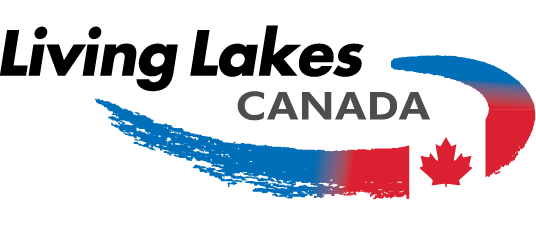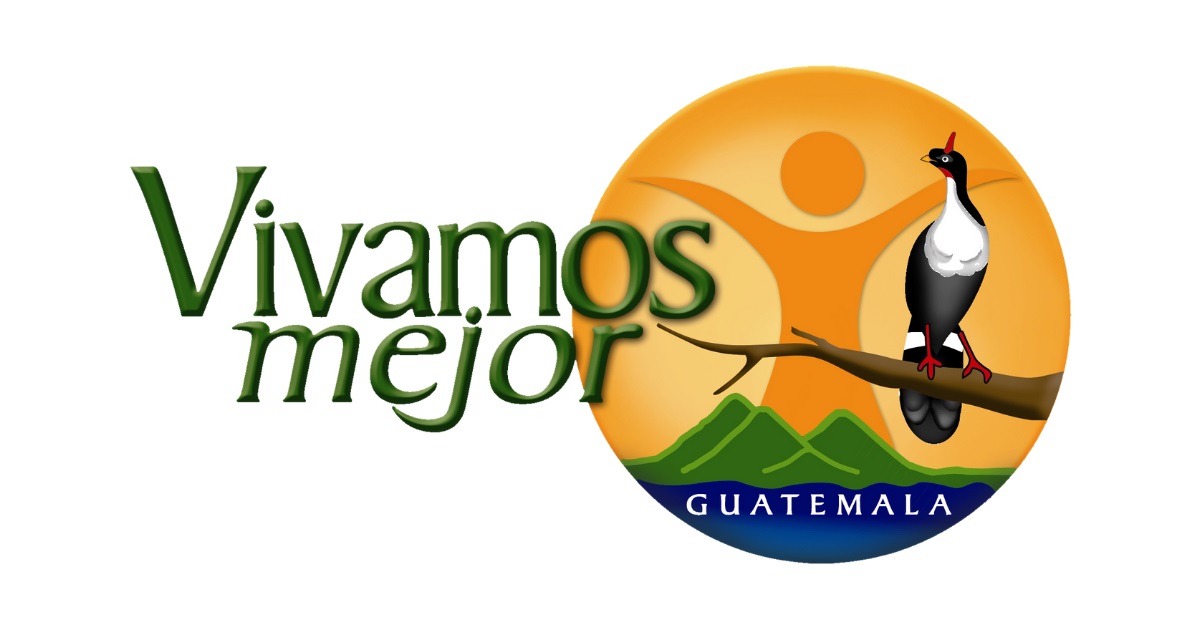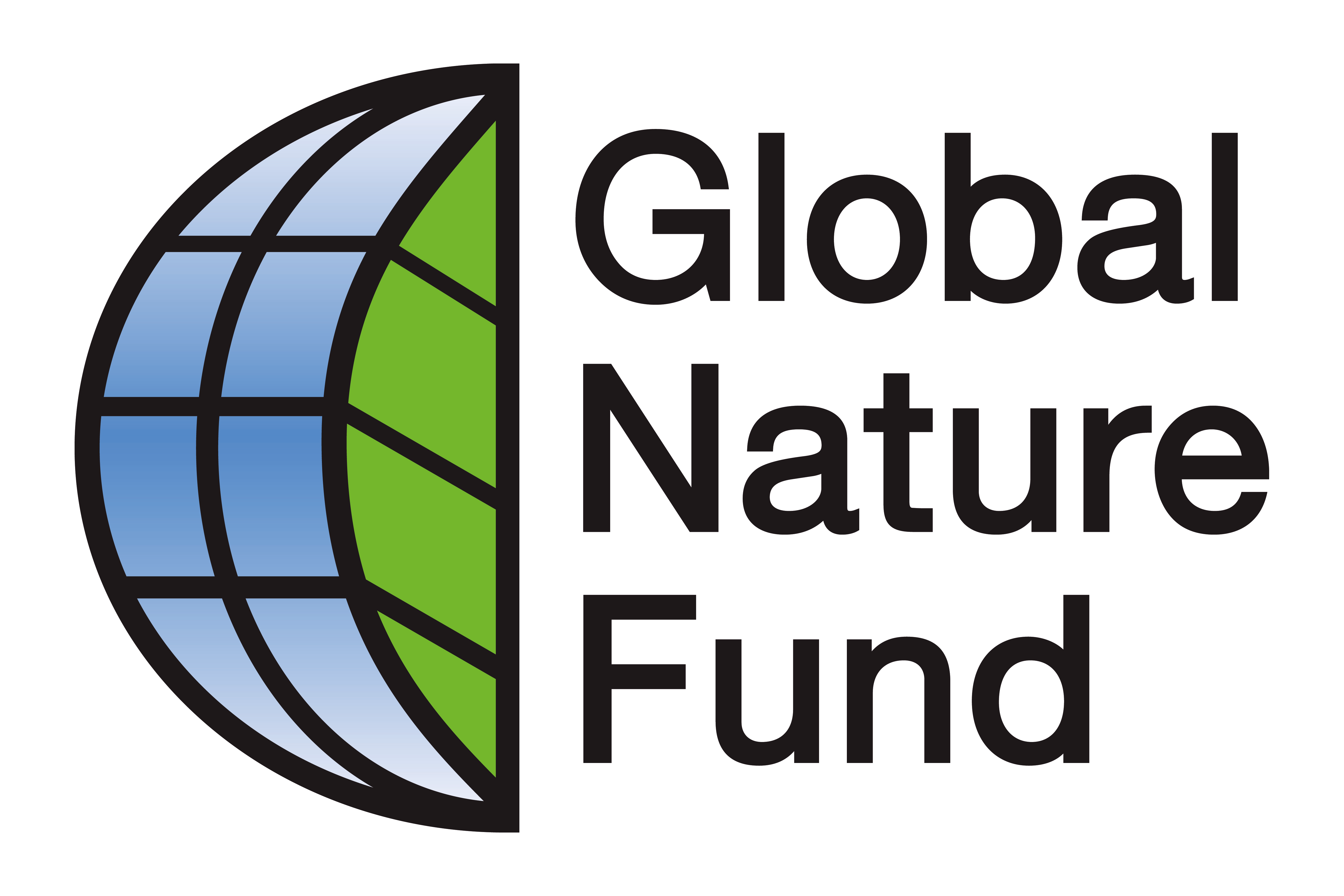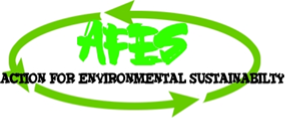International Opportunities and Benefits of Sharing Best NGO Practices in Community-Based Water Stewardship
UN Water Conference Side Event
Friday, March 24 • 08:00-09:15 AM EST • VIRTUAL
International Opportunities and Benefits of Sharing Best NGO Practices in Community-Based Water Stewardship
UN WATER CONFERENCE SIDE EVENT • FRIDAY, MARCH 24 • 08:00-09:15 AM EST • VIRTUAL
(View this event in the UN Conference Side Event Program)
This 75-minute side event will focus on the importance of international water stewardship and sharing on-the-ground community-based best practices.
Hosted by Living Lakes Canada (Canada), Asociacion Vivamos Mejor (Guatemala), Global Nature Fund (Germany), Action for Environmental Sustainability-Malawi (Malawi) and Fundación Humedales (Colombia).
Aligns with: ID 4: Water for Cooperation: Transboundary and International Water Cooperation, Cross Sectoral Cooperation, including Scientific Cooperation, and Water Across the 2030 Agenda (SDG 6.5, 6.b and SDGs 16, 17).

Panel Presentation Overview
 Living Lakes International is an international partnership of 130 members working in more than 60 countries to protect and restore lakes and wetlands around the world. (Welcome & Introduction 10 minutes)
Living Lakes International is an international partnership of 130 members working in more than 60 countries to protect and restore lakes and wetlands around the world. (Welcome & Introduction 10 minutes)- Host organization Living Lakes Canada will lead the panel with a presentation on their work in the Canada-U.S. transboundary Columbia River Basin, home to the Columbia Wetlands, a Ramsar-designated Wetland of International Importance. (10 minutes)
- Central American Living Lakes member Vivamos Mejor will report on their work in the hydrographic basins of the volcanic chain of Guatemala that aims to improve the quality of life of Indigenous rural families while protecting natural resources. (10 minutes)
- The umbrella organization to Living Lakes International, Global Nature Fund will present on its history of international partnerships including the Declaration of Lake Titicaca 2022 and the recently launched Living Lakes Biodiversity and Climate Project, which has the goal to promote a more environmentally-friendly use of freshwater resources and the protection of climate and biodiversity. (10 minutes)
- Action for Environmental Sustainability will focus on the activities being taken to address the challenges facing Lake Malawi, the African Great Lake, as part of the Living Lakes Biodiversity and Climate Project. (10 minutes)
- The presentation by Fundación Humedales will highlight their ecosystem-based adaptation approach to two lakes in Colombia, Fúquene and Tota, as part of the Living Lakes Biodiversity and Climate Project. (10 minutes)
- A Q&A session will follow the panel presentation where the audience will be invited to ask questions, and contribute insights and expertise. (15 minutes)
View the Living Lakes Canada Water Action Agenda commitment.
View the Living Lakes International (Global Nature Fund) Water Action Agenda commitment.
Detailed Summaries & Presenter Bios
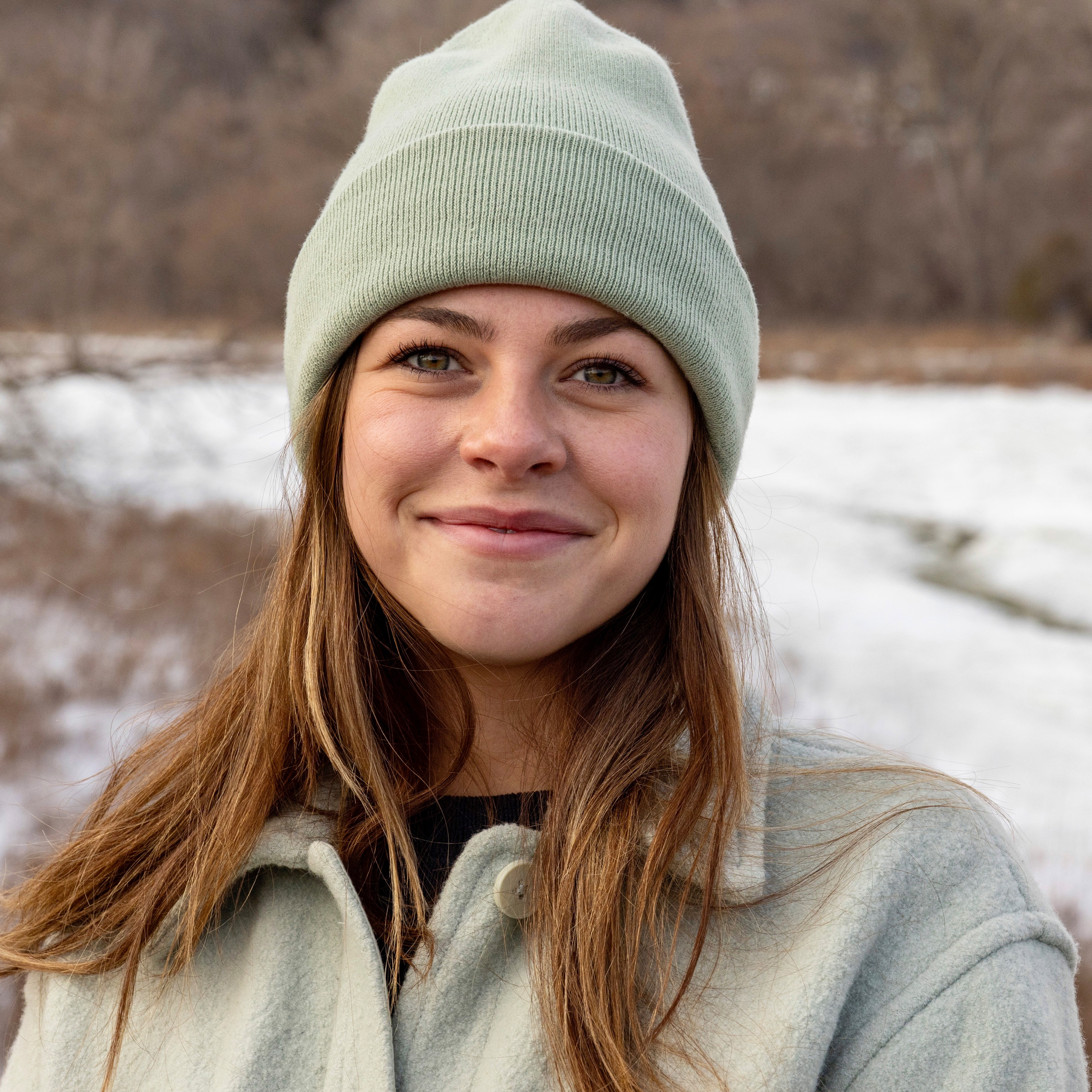
Introduction: Delivered by Georgia Peck, Lakes Program Manager for Living Lakes Canada. Georgia coordinates and oversees all lake-related programming. She recently co-authored the Local Indigenous Knowledge and Values Framework, which instructs ways of harmonizing Indigenous Knowledge and Western science, creating opportunities for both worldviews to work in tandem throughout lake survey protocols. A Conservation Biology graduate from Trent University, Georgia’s background also includes managing community-based water stewardship for multiple non-profit organizations.
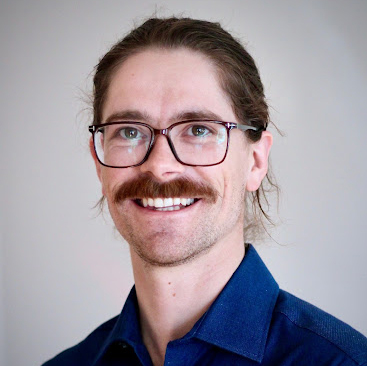
Presentation: Host organization Living Lakes Canada will share their paradigm-shifting approach to coordinating a region-wide watershed monitoring initiative in the Canada-US transboundary Columbia River Basin. The work includes wetland restoration and water retention efforts, groundwater monitoring and biomonitoring for aquatic health, and tracking climate impacts on water supply.
Panelist: Hunter Smith is currently developing the Columbia Basin Water Monitoring Framework with Living Lakes Canada. His work focuses on integrating local community water concerns with data gap analysis for water monitoring site selection. He holds a Master of Water Security from the University of Saskatchewan, where his research focused on analyzing simulated climate change scenarios to enhance resilience in Canadian Prairie communities. Prior to joining Living Lakes Canada, Hunter worked in invasive species management and environmental compliance.
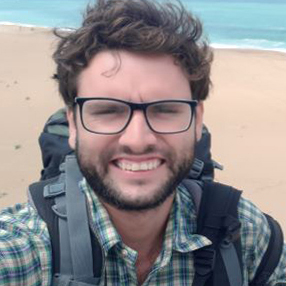
Presentation: The work strategy of Vivamos Mejor has focused on the integrated management of hydrographic basins of the volcanic chain of Guatemala. Through a participatory process with Indigenous communities, a process is carried out to co-create planning tools that guide communities in decision-making to improve the quality of life of rural families living in poverty while protecting natural resources.
Panelist: Samuel Secaira is the Manager of the Landscape and Biodiversity Program of Guatemalan NGO, Asociación Vivamos Mejor. With more than 7 years working with Indigenous communities in the highlands and volcanic chain of Guatemala, Samuel is a conservation biologist passionate about biodiversity and its contribution to human well-being. He is responsible for the formulation, supervision, monitoring and evaluation of projects related to: Ecological restoration of the forest landscape, conservation of protected areas for the provision of ecosystem services, food security with agroecological principles, local economies based on biodiversity, climate monitoring with a biological and agricultural focus, among others.
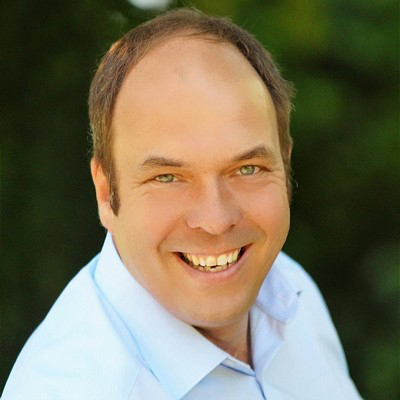
Presentation: The Living Lakes Network was established in 1998. Looking back on 25 years of international cooperation with 130 partner NGOs in 60 countries, this presentation will highlight the activities of the Living Lakes Biodiversity and Climate Project whereby, for the next five years, 13 organizations from 11 countries (South Africa, Ruanda, Malawi, India, Sri Lanka, Philippines, Cambodia, Mexico, Colombia, Peru) will work to implement project actions in efforts to stop further degradation of their respective lake and wetland ecosystems.
Panelist: Thomas Schaefer is ecologist and conservationist. He is active in several professional and volunteer positions since 40 years. Since 10 years, he works for the Global Nature Fund and is responsible for the organisation’s Conservation activities and for the Living Lakes Network. Since 2021, he coordinates the Living Lakes Biodiversity and Climate Project, among others.
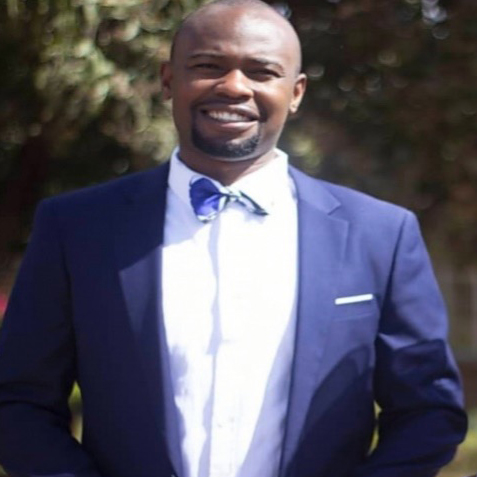
Presentation: The focus will be Lake Malawi, an African Great Lake located between Malawi, Mozambique and Tanzania. Learn about the challenges and the counteractive activities being taken by Action for Environmental Sustainability to address the situation in partnership with the Living Lakes Network.
Panelist: Daniel Mwakameka is a passionate ecologist, conservationist, social scientist and researcher with over 18 years of experience working with indigenous communities and local authorities in Malawi, Tanzania and Mozambique. He works for Action for Environmental Sustainability (AfES) based in Malawi since 2010.
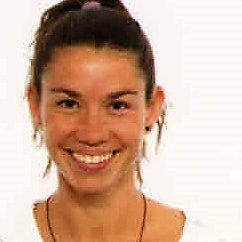
Presentation: Fundación Humedales has been involved for 20 years in different projects on the governance of natural resources from an ecosystem-based adaptation perspective. FH has been a member of the Living Lakes network since 2000 and now part of the Living Lakes Biodiversity and Climate Project (LLBCP) initiative with two lakes in the Colombian Andes: Fúquene and Tota. This presentation will highlight previous work on participatory management of natural resources and how its success has been transferred to the LLBCP objectives. Will also touch on the initial articulation with local authorities and stakeholders in both watersheds.
Panelist: Julia Pérez Sillero is an environmentalist, specialist in International Development Cooperation. For the last 6 years she has been working in Fundación Humedales in projects and initiatives of participatory management of natural resources. Since 2022, together with a great team, she coordinates the Living Lakes Biodiversity and Climate Project.
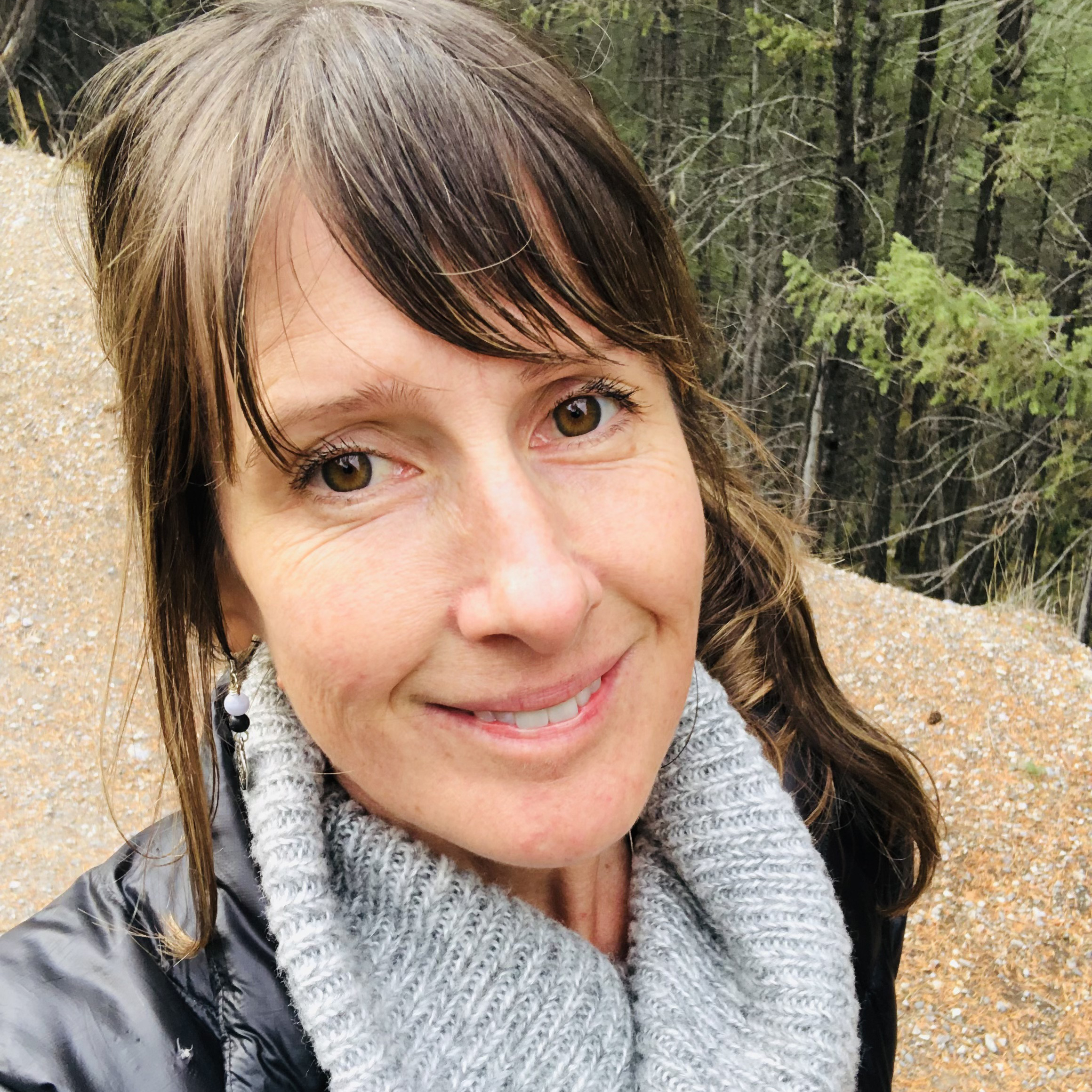
Host & Facilitator: Nicole Trigg is the Communications Director for Living Lakes Canada. She is an accredited journalist and award-winning editor whose 20+ year communications career has spanned multiple sectors and roles. Her passion for natural landscapes and wildlife led her to the environmental non-profit sector. She joined Living Lakes Canada in 2017 and has supported the growth of the organization and its enthusiastic team ever since.


